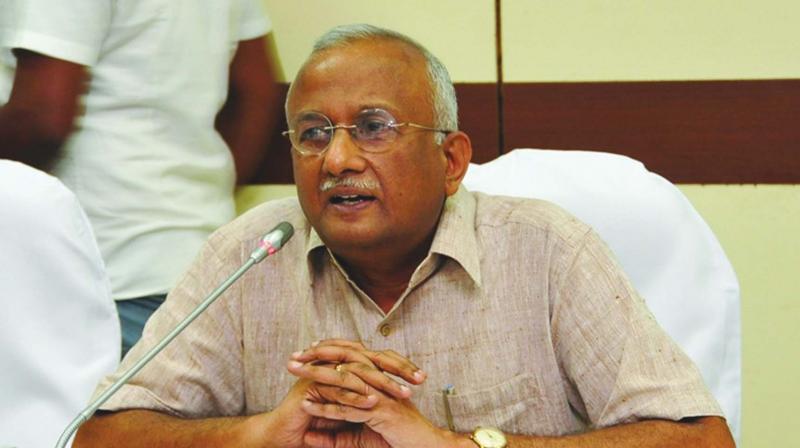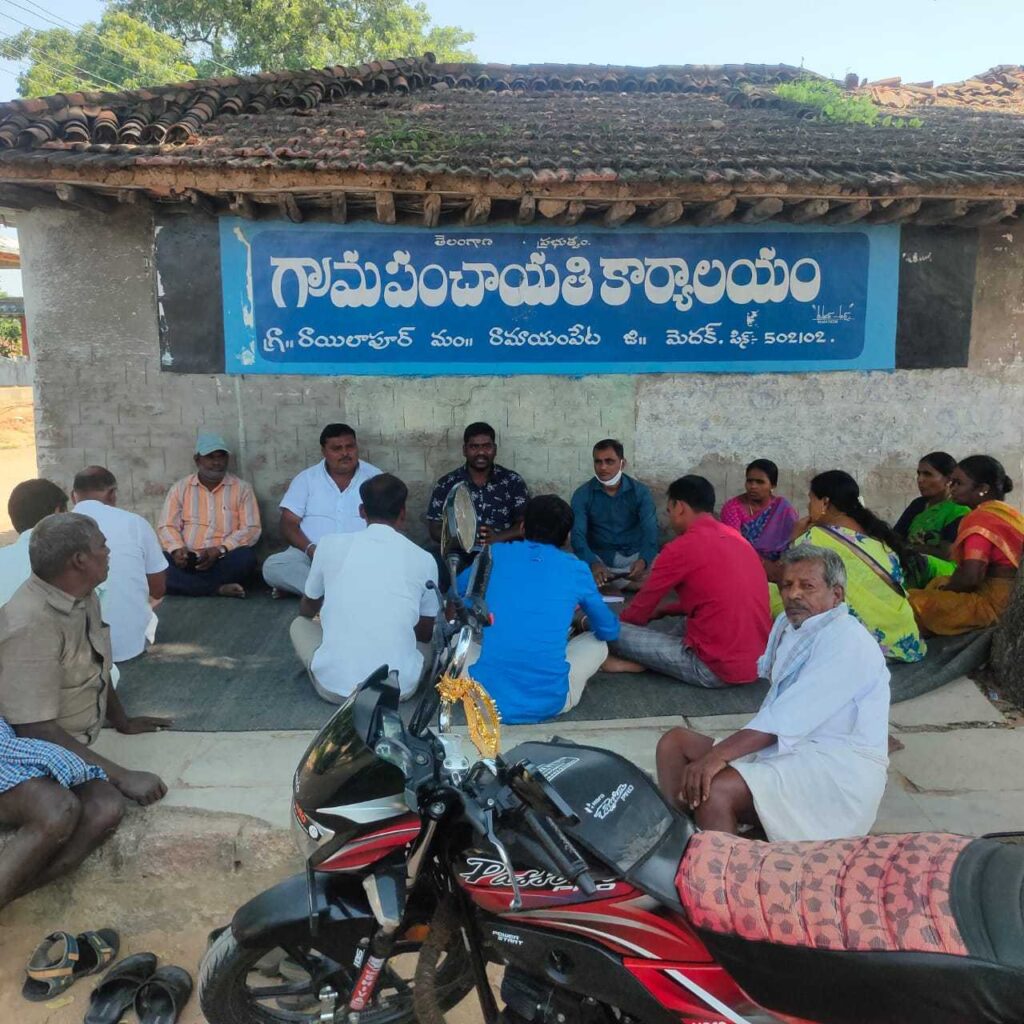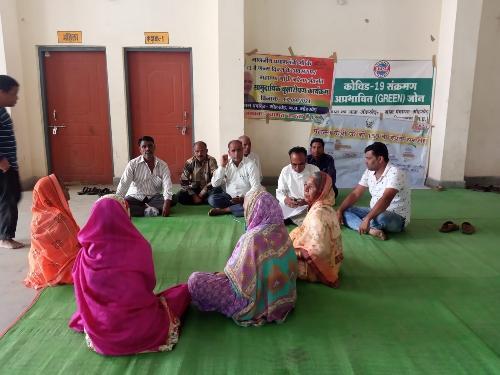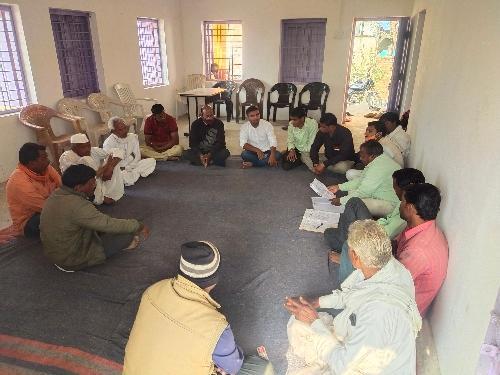Mr. SM Vijayanand took charge as the Secretary of Panchayati Raj, Government of India, at a crucial time. The Union Budget of 2015 had just been announced and the annual allocation to the ministry had been slashed from over Rs 8,000 crore to just Rs 90 crore, which was much less than the allocation for rural development to most districts in the country. However, led by the officer, who has a quarter of a century’s experience in rural development, the department was infused with new enthusiasm to work to its best capacity.
In an exclusive conversation with Indian Masterminds, Mr. Vijayanand talked about how he planned, implemented, and empowered village panchayats with the Gram Panchayat Development Plan (GPDP).

GRAM PANCHAYAT DEVELOPMENT PLAN (GPDP)
While discussing with his core team as Secretary of Panchayati Raj, Mr. Vijayanand realized that they were not burdened with restricting traditional schemes and had full freedom to do whatever they wished to make a difference.
“It suddenly dawned upon us that within the next five years, along with MGNREGA, the village panchayats would have a say in planning and spending of a whopping sum of rupees four lakh crores! That’s when we decided to use this creatively. We went to all the state governments and presented before them the possibilities of utilizing the opportunity to build the capacity of gram panchayats to prepare a local development plan that was later given the generic name, Gram Panchayat Development Plan (GPDP),” Mr. Vijayanand told Indian Masterminds.

HELPING STATES
According to the Kerala cadre IAS officer, not all state governments had the experience of preparing a participative plan. They had to explain the concepts to them first.
“The mechanism of different state governments varies hugely. Even the powers and functions of different panchayats are different along with their size, which makes it illogical to share a common plan between them. This is why, we visited each state, contextualized plans, gave generic suggestions applicable to each state, and helped them conceptualize it,” he said.

WRITE SHOP
The team decided to organize a ‘write shop’, just like a workshop, in the Kerala Institute of Local Administration (KILA) at Thrissur. They invited 4-5 senior officials of all state governments to Kerala for five days and gave an opening presentation explaining the concept of GPDP in a three-hour presentation.
“Other experts also presented their preliminary planning for the scheme. The next day, they were taken to the village panchayat in small groups and went through our plan. Once they were back, they were asked to write down what they can do better in their state to help in rural development. This was kind of a detailed guideline applicable to their states,” Mr. Vijayanand said.
Each state’s team was mentored by experts. After they went back, almost all the states decided to go forward with the draft and sent proposals that were approved by their Cabinets by the end of the year. All states had their own guidelines applicable to their functioning.

CAPACITY BUILDING
The states were guided by the Additional Secretaries and Joint Secretaries to modify their training plan to the tune of GPDP. A National Resource Group was constituted for identifying the best talent from the experienced practitioners within and outside the government and the states were given the freedom to choose the service of any experts they wanted. UNDP and UNICEF chipped in with their technical assistance.
A BIG SUCCESS
The Gram Panchayats started preparing their plan and within a year, more than 2,40,000 prepared their own plan to modify and develop their panchayats. This had happened for the first time in the history of Panchayati Raj.
“We had a fantastic team comprising of people who proved to be major assets for the Panchayati Raj in its history. Special mention to Reshmi Shukla Sharma, AK Goyal, Sarada Muraleedharan, Neerja Sekhar, and Sushil Kumar. All of us gelled well together and formed a dream team,” Mr. Vijayanand said.
The kind of persuasion and convincing that Mr. SM Vijayanand and his team managed through their ideas and plans, won the support and praise from all over the country.



































